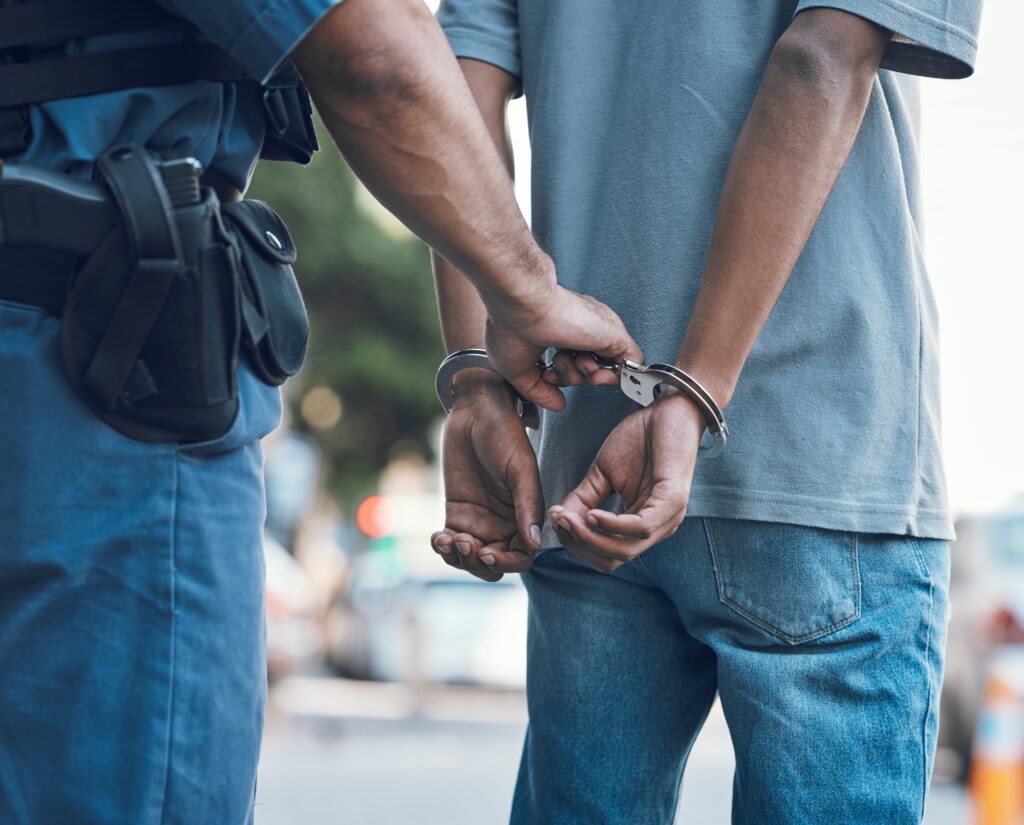Why a Criminal History Could Derail Your Green Card Application
Obtaining a green card is a significant milestone for immigrants looking to build a life in the U.S. However, for individuals with a criminal history, this goal can seem out of reach. Understanding how criminal history affects a green card application is essential, as even minor offenses can have lasting consequences. U.S. immigration law does not just look at the severity of the crime; it examines the nature of the offense, how much time has passed, and whether rehabilitation efforts have been made.
Many applicants unknowingly overlook the impact of their past actions on their future immigration prospects. Even if a crime occurred years ago, it could still influence decisions today. Whether it’s a misdemeanor or felony, certain crimes can automatically disqualify individuals, while others may require a waiver or additional evidence to move forward. This article breaks down the complexities, offering valuable insights on how to navigate the process with a criminal history and what steps to take to improve your chances of success.

How Criminal History Impacts Your Green Card Application
When applying for a green card, a criminal history can complicate the process, but it doesn’t necessarily mean automatic disqualification. U.S. immigration law is nuanced, and its approach to criminal convictions depends on several factors, including the nature of the crime, the applicant’s rehabilitation efforts, and whether the crime is considered a “crime of moral turpitude” (CMT). These crimes are particularly scrutinized, as they involve actions that go against societal norms of honesty and integrity, such as fraud, theft, or violent offenses.
A crucial aspect of your green card application process is determining whether your criminal record falls into categories that might render you inadmissible. For instance, convictions involving drug trafficking or aggravated felonies can lead to permanent inadmissibility. On the other hand, a single, minor offense might be overlooked if a significant amount of time has passed, and the individual can demonstrate rehabilitation efforts. Even then, a waiver might be necessary to move forward.
It’s also important to recognize that not all crimes are treated equally in immigration law. For example, some misdemeanor convictions may not carry the same weight as felonies, but they could still cause issues depending on other factors like the number of offenses or any repeat criminal behavior. Additionally, certain crimes could make applicants ineligible for relief programs such as Cancellation of Removal, further limiting their options for staying in the U.S.
The decision on whether a criminal history will affect your green card application ultimately lies with U.S. Citizenship and Immigration Services (USCIS), who will evaluate all aspects of your case. For more detailed information on the immigration consequences of criminal convictions, refer to this USCIS guide on inadmissibility.
Understanding the specifics of how criminal history impacts a green card application can empower applicants to take the necessary steps to minimize its impact, whether that’s through legal waivers or providing evidence of rehabilitation.
Navigating the Path to a Green Card with a Criminal History
The fear of a criminal history preventing the approval of a green card is a daunting reality for many. The possibility of a life in the U.S. being ripped away due to past mistakes—whether it’s an old misdemeanor or a more serious offense—can feel overwhelming. The uncertainty surrounding whether you’ll be granted a waiver or need to take additional legal steps to overcome this barrier adds to the emotional and financial strain of the immigration process.
The stakes are high, and without expert guidance, you could risk having your application delayed or denied. But it’s important to remember that you don’t have to face this challenge alone. Understanding how criminal history affects a green card application, and knowing what steps to take, can significantly improve your chances.
Don’t let fear of the unknown prevent you from moving forward. If you’re unsure about how your criminal history impacts your green card application, schedule a free consultation today. Take the first step toward a solution and ensure your future in the U.S. is protected.

